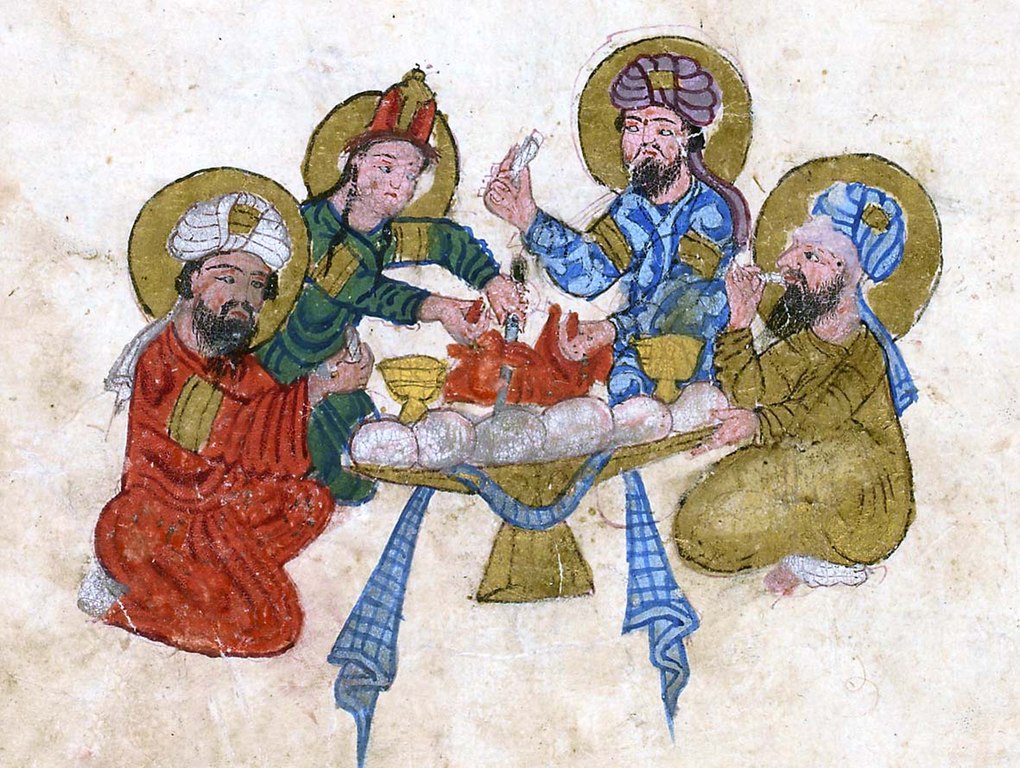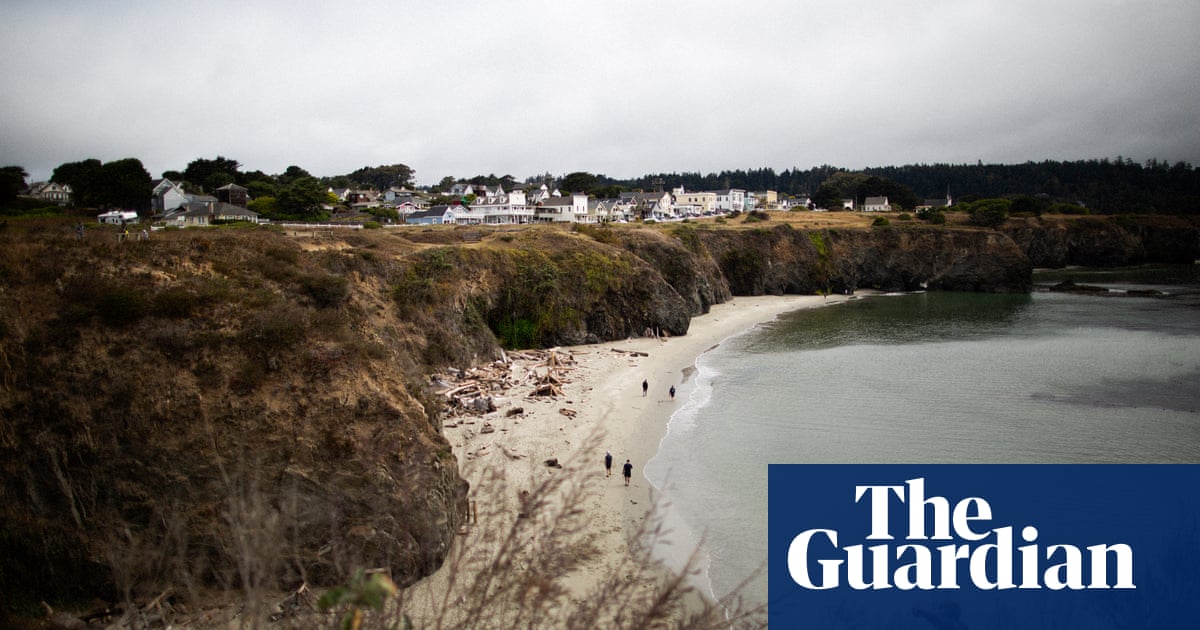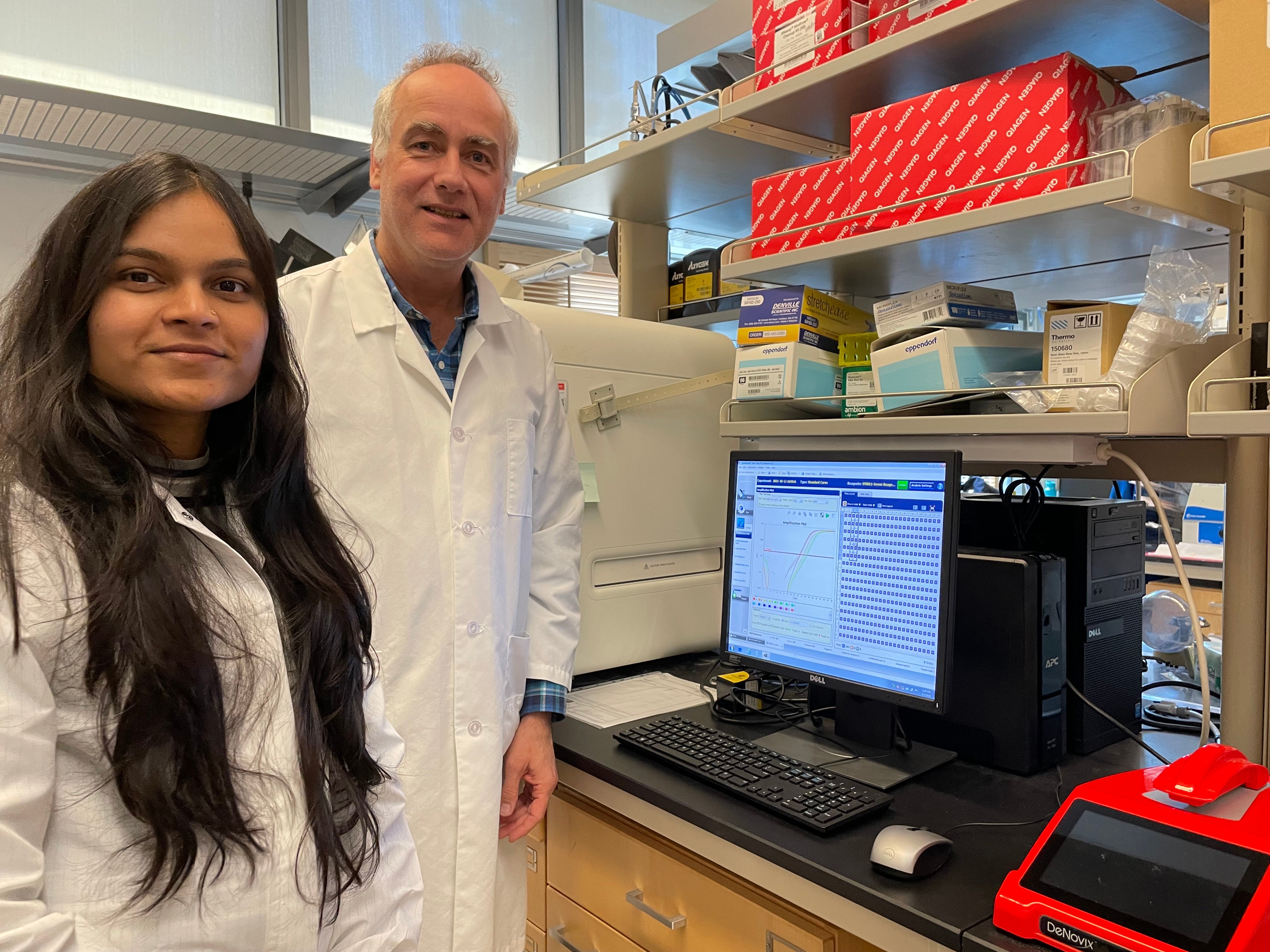
Researchers learn about what they ate in medieval Sicily from cooking pots
Organic residues on ceramic pottery are a valuable resource for understanding medieval cuisines of Islamic-ruled Sicily, according to a study published today in the open-access journal PLOS ONE.
During the 9th to 12th century AD, Sicily was governed by various Islamic dynasties. This transition is known to have profoundly impacted the region, and the capital city of Palermo thrived as an economic and cultural center of the Mediterranean Islamic world. But little is known about how the lives of people in the region were impacted during this important time period.
In this study, researchers led by Jasmine Lundy of the University of York examined organic residues of plant and animal products on ceramic pottery to gain insights into the cuisine of the time. They tested 134 cooking pots and other similar containers, dating between the 9th and 12th century AD, from the urban city of Palermo and the rural town of Casale San Pietro. The results indicate a wide variety of vegetables, fruits, beeswax and animal food products, complementing other archaeological evidence. The authors highlight some notable differences between rural and urban cuisines, including the greater frequency of grapes and dairy products in the rural site.
“Analysis of residues preserved in pottery has, for the first time, revealed important insight into cuisine in medieval Islamic Sicily,” the researchers explain. “We have identified a diverse range of products processed in cooking wares, as well as regional differences in the use of ceramics such as for the processing of dairy and grapevine products.”















/cdn.vox-cdn.com/uploads/chorus_asset/file/25336775/STK051_TIKTOKBAN_CVirginia_D.jpg)





